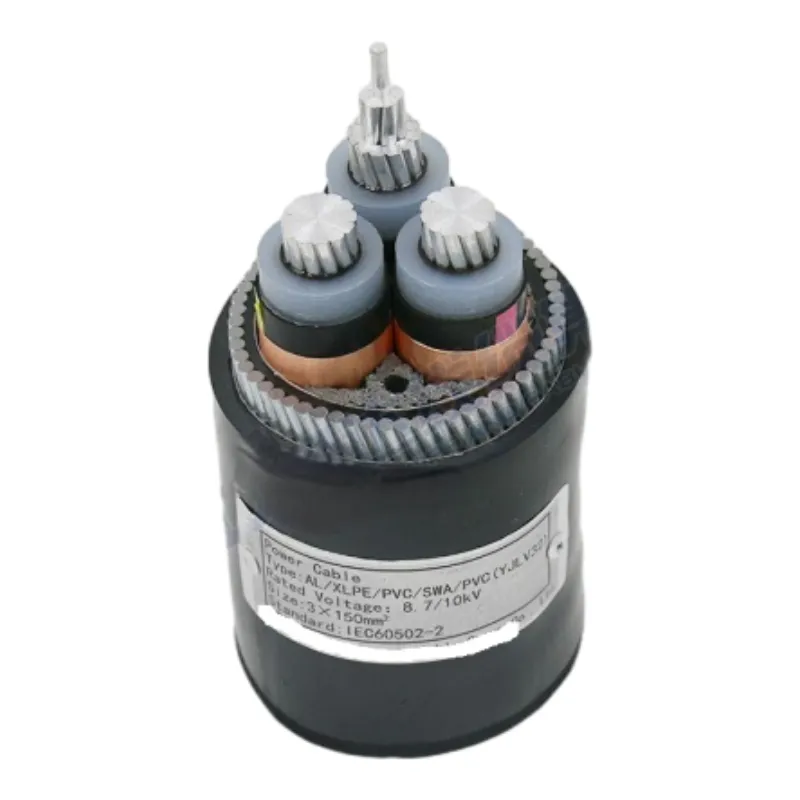វិច្ឆិកា . 12, 2024 13:59 Back to list
ss ball valve
Understanding SS Ball Valves A Comprehensive Guide
Introduction
Stainless steel (SS) ball valves are critical components used across various industries to regulate the flow of fluids. Their robust construction, excellent corrosion resistance, and reliable performance make them a preferred choice for numerous applications, including water supply, process piping, and chemical handling. In this article, we will explore the fundamental features, benefits, applications, and considerations associated with SS ball valves.
What is a Ball Valve?
A ball valve is a type of valve that uses a hollow, perforated, and pivoting ball to control the flow of fluid. When the ball is rotated 90 degrees, the hole allows fluid to flow through, while when the ball is in the closed position, the fluid flow is stopped. Ball valves are known for their durability, minimal flow resistance, and compact design, making them suitable for a wide range of pressures and temperatures.
Benefits of Stainless Steel Ball Valves
1. Corrosion Resistance Stainless steel, particularly grades 304 and 316, is highly resistant to corrosion and rust, making these valves ideal for harsh environments, including those involving aggressive chemicals.
2. Durability and Strength SS ball valves are known for their strength and ability to withstand high pressures, which is essential in industrial applications where reliability is crucial.
3. Low Maintenance These valves typically have a simple design, with fewer moving parts than other valve types, resulting in lower maintenance costs and reduced downtime.
4. Quick Operation The design of a ball valve allows for quick opening and closing, enabling faster flow control. This is particularly advantageous in applications requiring on-off control rather than throttling.
5. Versatility SS ball valves can handle a variety of fluids, including water, oil, gas, and steam, making them suitable for various applications across multiple industries.
Applications of SS Ball Valves
Stainless steel ball valves are used in several key areas, including
1. Water Treatment These valves help control the flow of water in treatment plants, ensuring a consistent supply and maintaining optimal pressure.
ss ball valve

2. Oil and Gas SS ball valves play a crucial role in the oil and gas industry, mainly for pipeline systems and refinery applications where durability and safety are priorities.
3. Chemical Processing The resistance to corrosive substances makes stainless steel ball valves indispensable in chemical manufacturing processes, where they regulate the flow of aggressive chemicals.
4. Food and Beverage In the food and beverage industry, hygiene is vital. Stainless steel valves comply with sanitary standards, making them suitable for food processing applications.
5. HVAC Systems SS ball valves are utilized in heating, ventilation, and air conditioning systems to regulate fluid flow, enhancing energy efficiency and control within the system.
Considerations When Choosing SS Ball Valves
When selecting SS ball valves for a specific application, several factors need to be considered
1. Size and Connection Type The valve's size should be appropriate for the piping system in which it will be installed. Additionally, connection types (such as threaded, flanged, or welded) must match the existing infrastructure.
2. Pressure and Temperature Ratings Understanding the operating pressures and temperatures is crucial for choosing a valve that can withstand the conditions without failure.
3. Flow Capacity Evaluate the flow requirements of the system to choose a valve that provides optimal flow rates and minimizes losses.
4. Material Compatibility Ensure that the selected stainless steel grade is compatible with the fluids being handled to avoid contamination or corrosion.
5. Certification and Standards Look for valves that meet relevant industry standards and certifications, ensuring safety and reliability in operation.
Conclusion
Stainless steel ball valves are essential components in a plethora of applications due to their strength, durability, and resistance to corrosion. By understanding the benefits, applications, and key selection criteria for these valves, businesses can make informed decisions, ensuring optimal performance and longevity in their fluid control systems. Whether for industrial use or residential plumbing, SS ball valves continue to be a cornerstone of effective flow management in various sectors.
Share
-
Reliable Wafer Type Butterfly Valves for Every IndustryNewsJul.25,2025
-
Reliable Flow Control Begins with the Right Ball Check ValveNewsJul.25,2025
-
Precision Flow Control Starts with Quality ValvesNewsJul.25,2025
-
Industrial Flow Control ReliabilityNewsJul.25,2025
-
Engineered for Efficiency Gate Valves That Power Industrial PerformanceNewsJul.25,2025
-
Empowering Infrastructure Through Quality ManufacturingNewsJul.25,2025